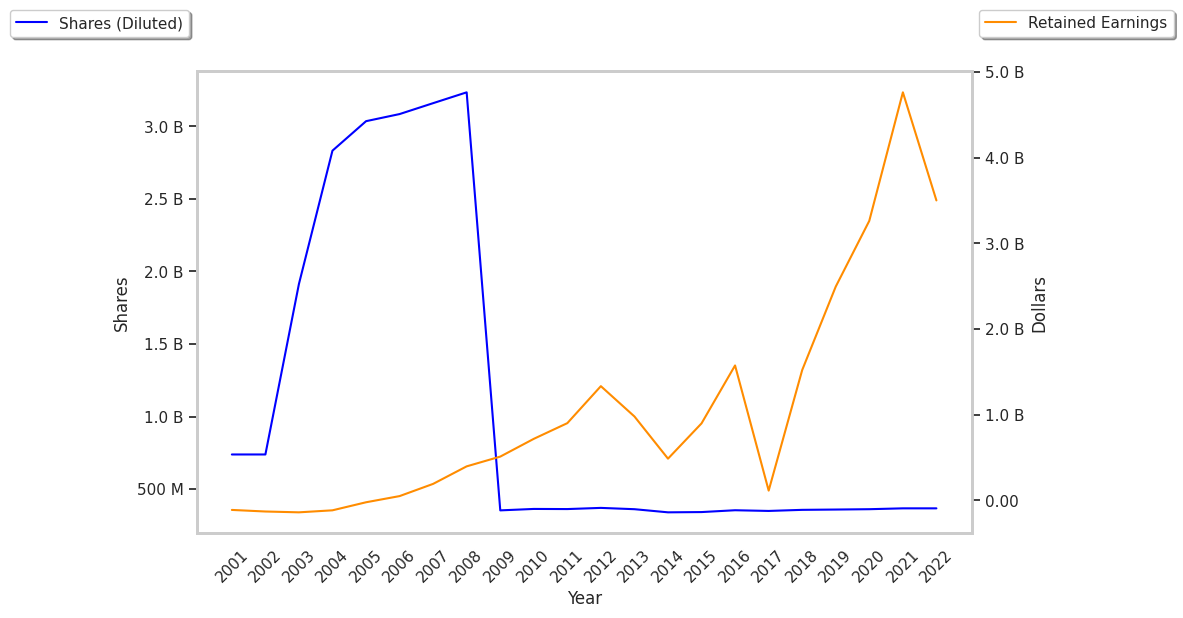One of Wall Street's biggest winners of the day is Intuitive Surgical, a specialty industrial machinery company whose shares have climbed 8.2% to a price of $512.35 -- near its average analyst target price of $507.88.
The average analyst rating for the stock is buy. ISRG outperformed the S&P 500 index by 8.0% during today's morning session, and by 39.2% over the last year with a return of 77.5%.
Intuitive Surgical, Inc. develops, manufactures, and markets products that enable physicians and healthcare providers to enhance the quality of and access to minimally invasive care in the United States and internationally. The company is categorized within the healthcare sector. The catalysts that drive valuations in this sector are complex. From demographics, regulations, scientific breakthroughs, to the emergence of new diseases, healthcare companies see their prices swing on the basis of a variety of factors.
Intuitive Surgical's trailing 12 month P/E ratio is 82.5, based on its trailing EPS of $6.21. The company has a forward P/E ratio of 66.7 according to its forward EPS of $7.68 -- which is an estimate of what its earnings will look like in the next quarter.
The P/E ratio is the company's share price divided by its earnings per share. In other words, it represents how much investors are willing to spend for each dollar of the company's earnings (revenues minus the cost of goods sold, taxes, and overhead). As of the third quarter of 2024, the health care sector has an average P/E ratio of 26.07, and the average for the S&P 500 is 29.3.
ISRG’s price to earnings ratio can be divided by its projected five-year growth rate, to give us the price to earnings, or PEG ratio. This allows us to put its earnings valuation in the context of its growth expectations which is useful because companies with low P/E ratios often have low growth, which means they actually do not present an attractive value.
When we perform the calculation for Intuitive Surgical, we obtain a PEG ratio of 5.06, which indicates that the company is overvalued compared to its growth prospects. The weakness with PEG ratios is that they rely on expected growth estimates, which of course may not turn out as expected.
To gauge the health of Intuitive Surgical's underlying business, let's look at gross profit margins, which are the company's revenue minus the cost of goods only. Analyzing gross profit margins gives us a good picture of the company's pure profit potential and pricing power in its market, unclouded by other factors. As such, it can provide insights into the company's competitive advantages -- or lack thereof.
ISRG's average gross profit margins over the last four years are 67.8%, which indicate it has a potential competitive advantage in its market. These margins are declining based on their four year average gross profit growth rate of -1.0%.
Intuitive Surgical's financial viability can also be assessed through a review of its free cash flow trends. Free cash flow refers to the company's operating cash flows minus its capital expenditures, which are expenses related to the maintenance of fixed assets such as land, infrastructure, and equipment. Over the last four years, the trends have been as follows:
| Date Reported | Cash Flow from Operations ($ k) | Capital expenditures ($ k) | Free Cash Flow ($ k) | YoY Growth (%) |
|---|---|---|---|---|
| 2023 | 1,813,800 | 1,064,200 | 749,600 | -21.79 |
| 2022 | 1,490,800 | 532,400 | 958,400 | -45.23 |
| 2021 | 2,089,400 | 339,500 | 1,749,900 | 53.06 |
| 2020 | 1,484,800 | 341,500 | 1,143,300 | -2.5 |
| 2019 | 1,598,200 | 425,600 | 1,172,600 | 19.39 |
| 2018 | 1,169,600 | 187,400 | 982,200 |
- Average free cash flow: $1.13 Billion
- Average free cash flown growth rate: -7.0 %
- Coefficient of variability (lower numbers indicating more stability): 0.0 %
Free cash flow represents the amount of money that is available for reinvesting in the business, or for paying out to investors in the form of a dividend. With a positive cash flow as of the last fiscal year, ISRG is in a position to do either -- which can encourage more investors to place their capital in the company.
Another valuation metric for analyzing a stock is its Price to Book (P/B) Ratio, which consists in its share price divided by its book value per share. The book value refers to the present liquidation value of the company, as if it sold all of its assets and paid off all debts.
Intuitive Surgical's P/B ratio indicates that the market value of the company exceeds its book value by a factor of 11, so the company's assets may be overvalued compared to the average P/B ratio of the Health Care sector, which stands at 3.53 as of the third quarter of 2024.
Intuitive Surgical is by most measures overvalued because it has a higher P/E ratio than its sector average, a higher than Average P/B Ratio, and positive cash flows with a downwards trend. The stock has mixed growth prospects because it has a an inflated PEG ratio and decent operating margins with a stable trend. We hope you enjoyed this overview of ISRG's fundamentals.



